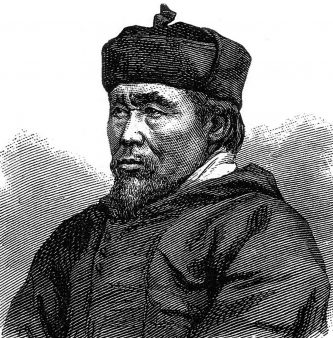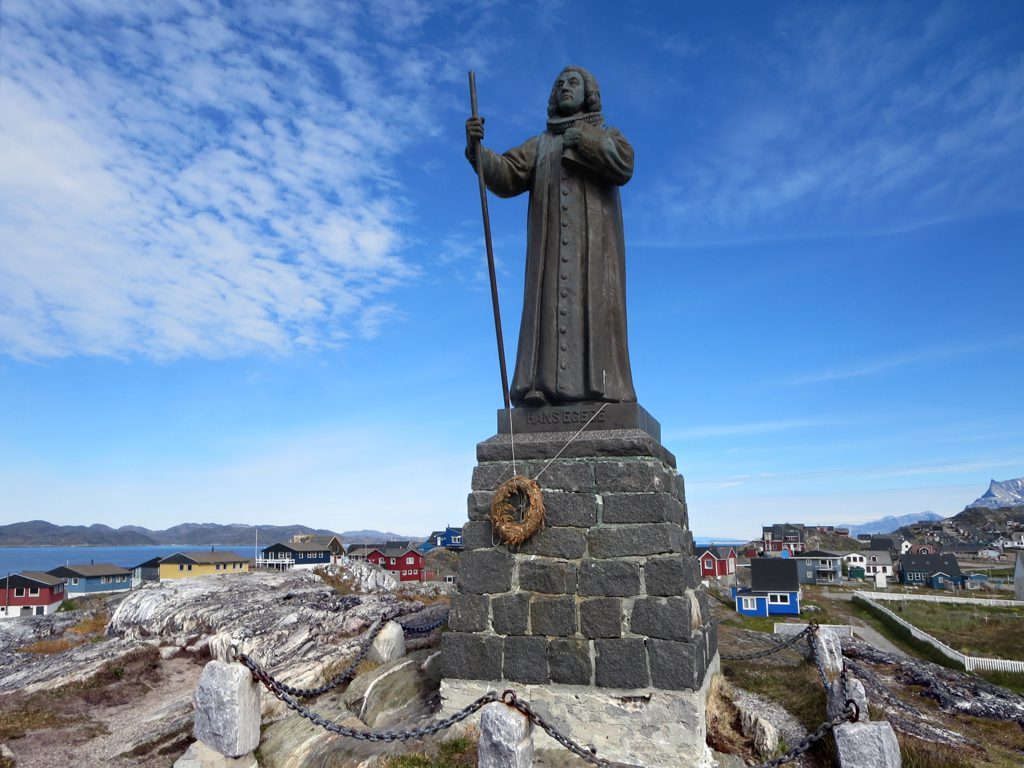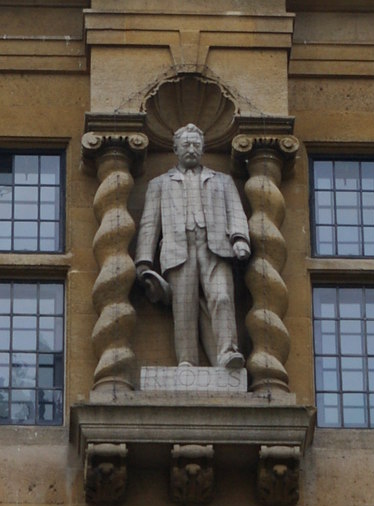Revisiting Arctic History
22 September 2020
By Christian Drury
In Britain, you are never far from the legacy of empire. The recent protests as part of the wider Black Lives Matter movement have highlighted systemic inequalities in British society and the role of the British empire and slavery in forming them. This includes the prevalence of monuments to empire and imperialists in public space, with protestors symbolically dumping a statue of the slave trader Edward Colston in Bristol Harbour.
Meanwhile, educational institutions have continued work to decolonise curricula, with movements such as Rhodes Must Fall connecting representations of imperialists to contemporary inequalities on campus. However, nostalgia and pride are often invoked in broader public discussions of empire in Britain. Empire remains embedded in many political debates, and discussions of the history itself are frequently reductive, framed around a balance sheet of costs and benefits. Movements to decolonise institutions are vital, but shifting broader understandings of empire in popular discourse and culture still have a long way to go.
This may not seem immediately applicable to the Arctic, particularly when considering the region from Britain and in relation to British history. The traditional narratives of polar exploration are ones of uncomplicated heroes whose success – or, often, failure – navigating extreme conditions reveals positive national traits. These explorers, almost exclusively white men, are presented as struggling against the sublime and hostile landscape of the Arctic, rather than acting as a vanguard for colonisation.
However, it is misleading to consider British exploration in the Arctic as removed from empire. British travel in the Arctic was deeply enmeshed with imperial institutions and motivations. The search for a Northwest Passage was linked to imperial trading; British success, or even just survival, in Arctic exploration was proof of national and imperial superiority. Seeing the Arctic as a “blank space” was itself rooted in colonial ways of thinking.
Contact with Indigenous Arctic people was often an unwanted complication for explorers, challenging the notion that the British were uniquely able to survive in Arctic conditions. However, contact was frequent and sometimes sought by Europeans for the purposes of research. Attempts to “know” the Arctic desired familiarity with environments but also Arctic people. Ethnographic attempts to understand Indigenous communities were often rooted in race science and notions of “backwardness”, with Inuit described as living as “in a stone age” by Clements Markham, secretary of the Royal Geographical Society. As such, the British explorers who studied them were usually more interested in imagined European pasts than learning about life in the Arctic.
In recent years, historians have looked to push back against these narratives of Arctic exploration, both by critiquing the idea of the Arctic as a “blank space” and by emphasising Indigenous presences and voices. These new narratives are still limited, often due to the scarcity of source materials, but critical readings of expedition accounts, as well as alternative sources, are an important step toward decolonising how we tell histories of the Arctic. By reading against the grain of explorers’ texts and archives, we can reveal some of the “hidden histories” that have traditionally been overlooked. This can mean changing focus from the explorer to the wider contact zone, as well as considering Indigenous accounts of Arctic history. Historians are increasingly prioritising accounts like that of Suersaq, an Inuk who travelled with several British and American expeditions in the late nineteenth century. More broadly, projects like the Arctic Cultures research group at the Scott Polar Research Institute in Cambridge are challenging the notion of the Arctic as a region defined by its environment, and instead prioritising the histories and cultures of the region. Similarly, interdisciplinary research projects, like the DurhamARCTIC project, which I am part of at Durham University, are attempting to produce more rounded research on Arctic topics.
Imperialism has of course been challenged outside the academy, especially by those facing settler colonialism. Whilst states have used the journeys of explorers to underpin sovereignty claims, as Canada has with the Franklin expedition, Eurocentric narratives of Arctic history are increasingly seen as inadequate. The symbolic power of history is also visible beyond academic debates. The same wave of protests that have toppled and challenged statues of Colston and Rhodes have also been seen in the Arctic, with statues of the missionary Hans Egede graffitied in Nuuk and Copenhagen, and debate over whether the statue in Nuuk should remain in place at all.

Statue of Hans Egede in Nuuk, Greenland © David Stanley 
Statue of Cecil Rhodes, High Street frontage of Oriel College, Oxford © Christopher Hilton
British understanding of the Arctic often fails to consider the input of Arctic Indigenous people, preferring to either take an entirely environmental view of the region or, when talking about history, rehash tales of exploration. As with many conceptions of regions in the British imagination, the imagery of empire still dominates. Improving our understanding of empire, the Arctic and how they intersect is vital, as is moving beyond parochial national stories of exploration. This would give us a better understanding both of the forms and legacies of empire, and of how to challenge continued injustice in the present.
Christian Drury is a PhD student in the Department of History at Durham University and a member of the DurhamARCTIC doctoral training centre, where his research focuses on British travel to the Arctic in the late nineteenth and early twentieth centuries. You can contact him through his university profile or on Twitter (@cj_drury).
- From the Floe Edge: Visualising Sea Ice in Kinngait, Nunavut
- Bridging Knowledge and Action: A Polish-Norwegian Perspective on Arctic Science-Policy Collaboration
- Unpacking the Motivation Behind Wintering at Polar Stations
- Working the Ocean’s White Gold: A Nutshell History of a Living Bering Strait Tradition
- Political Participation in the Arctic: Who is heard, when, and how?